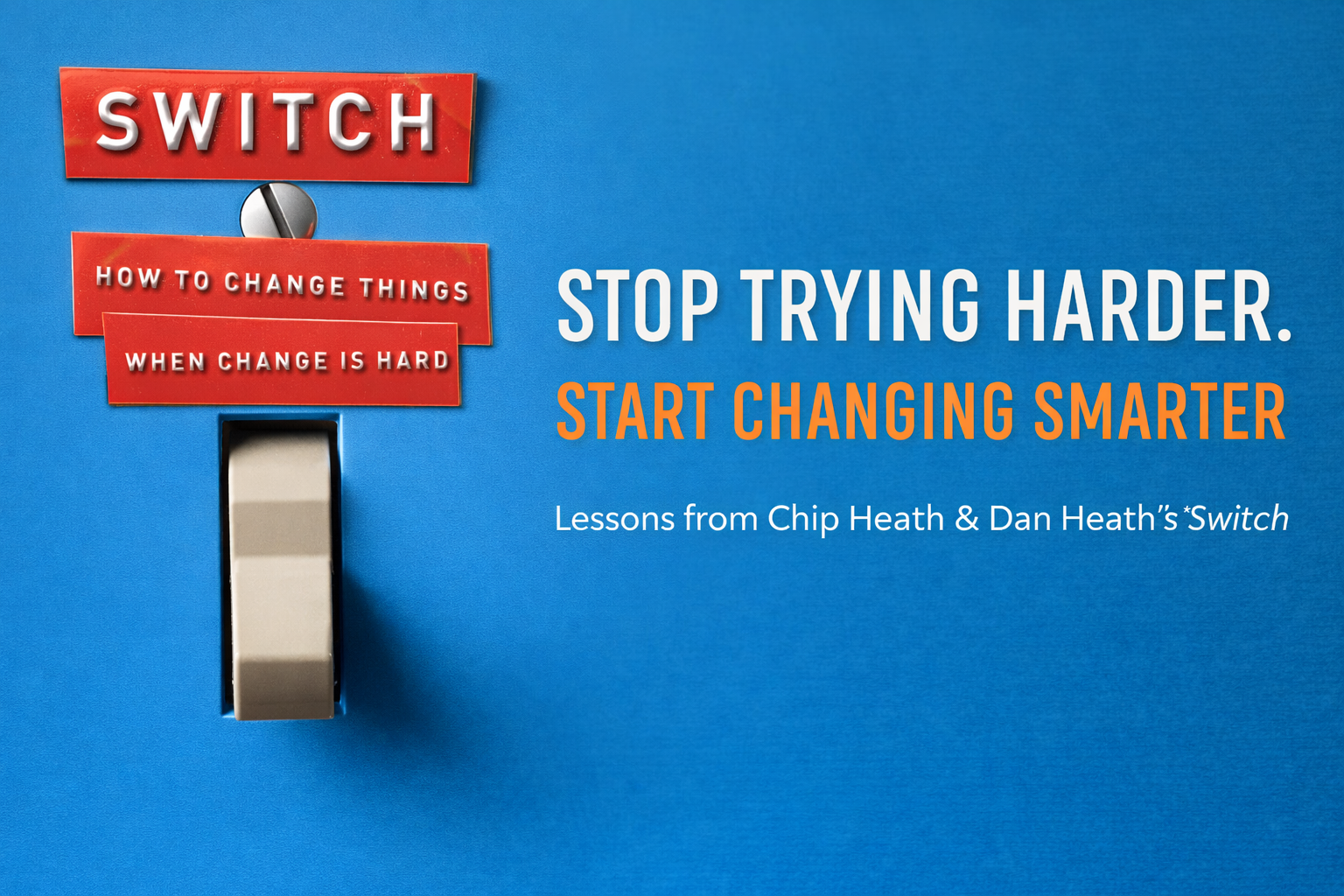When my daughter was in kindergarten, I took her to school one morning and she shared an idea with me: “Dad, I want to collect small tree limbs, clean them up, sand them down, paint them, and sell them as jogging sticks. Then, I want to donate the money I make to send kids to Camp Hope.” I asked her where she got that idea and she replied, “God gave it to me.”
For months I’d been running with a stick I picked up one morning before sunrise as I ran trails. Often, I’d catch a spider web right in the face, so I started running with the stick out in front of me when I approached precarious areas. The stick became a companion for my morning runs; I sanded it down, notched it up, and kept it handy. Eventually, this stick became the impetus for my daughter’s idea.
That summer she devoted hundreds of hours to creating jogging sticks, which she eventually named Hope Sticks. She took orders, painted them team colors, school colors, any color at all if she knew it would generate sales. Her five-year-old pitch went like this: “This Hope Stick is $3, or you can give whatever amount you want so that children in the foster care system can go to summer camp.” Any human with a heart paid her way more than $3. She created a website, sold them online, and sent several children to camp that summer.
I refer to this next wave of young ideators as The Next G-entrepreneurs, or the next generation of entrepreneurs. People far smarter than myself have undertaken extensive studies that tell us that the next generation will have their hands in many pots that generate their incomes; they’ll express their sense of vocation in myriad ways. Some even claim that the job is dead, meaning that the traditional get-one-job-and-work-it-all-your-life model has passed.
The good news is if we’re listening to the activity of God in our children’s lives, or in the lives of young people around us, the seeds of entrepreneurship and creativity are already flourishing. Our job is to tend them and create the context where they best flourish. Now, as a ten-year-old, she’s in process of selling her artwork to generate extra cash. Last summer, she spent many afternoons in our garage restoring old bikes with me.
I’d rather raise her to think entrepreneurially, whether she works for another person or organization or not, than to sell out her passions to fit a mold and become a commodity that the systems of our day purchases, chews up, and spits out—just to get a “good job.” Just this week she had her first babysitting gig, which is a typical “good job” for a younger person. She hated it, telling me, “Dad, I like making money, but I hate watching kids.” I suppose that’s one other area of interest we share, on both counts, I mean, except my own kids, of course. At least she’s learning what she doesn’t like, and that’s a win.



